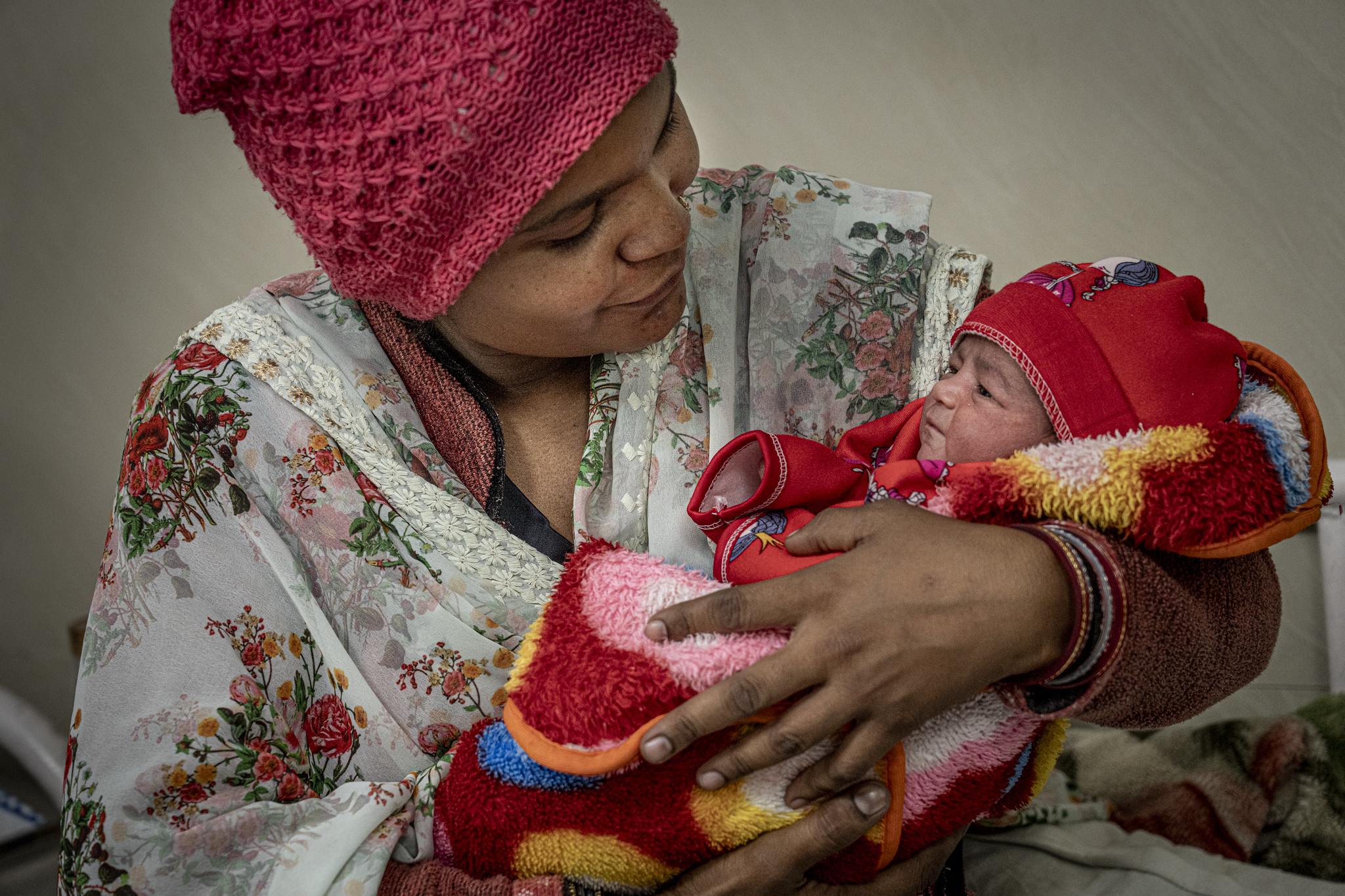The availability of new health products and technologies, such as medicines, vaccines, and diagnostic tests, is often delayed in low- and middle-income countries. Many health facilities struggle to meet clients’ needs due to a lack of even basic supplies. And when products and technologies are available, they are often poor quality, require highly skilled personnel, or come at high costs. Jhpiego recognizes the urgent need for health products and technologies to be more accessible, affordable, and delivered swiftly so that frontline health workers can perform their duties effectively and empower clients to take control of their health. Our goal is to ensure that health systems provide health workers with the necessary resources, rather than forcing them to work with inadequate supplies.
- Adolescent and Youth Health
- AI Integration
- Family Planning and Reproductive Health
- Gender Equity
- Global Health Security
- HIV
- Immunization
- Infection Prevention and Control
- Innovations
- Learning and Performance
- Malaria Prevention and Treatment
- Maternal Newborn and Child Health
- Measurable Impact
- Nursing and Midwifery
- Primary Health Care
- Tuberculosis
- Women’s Cancers









